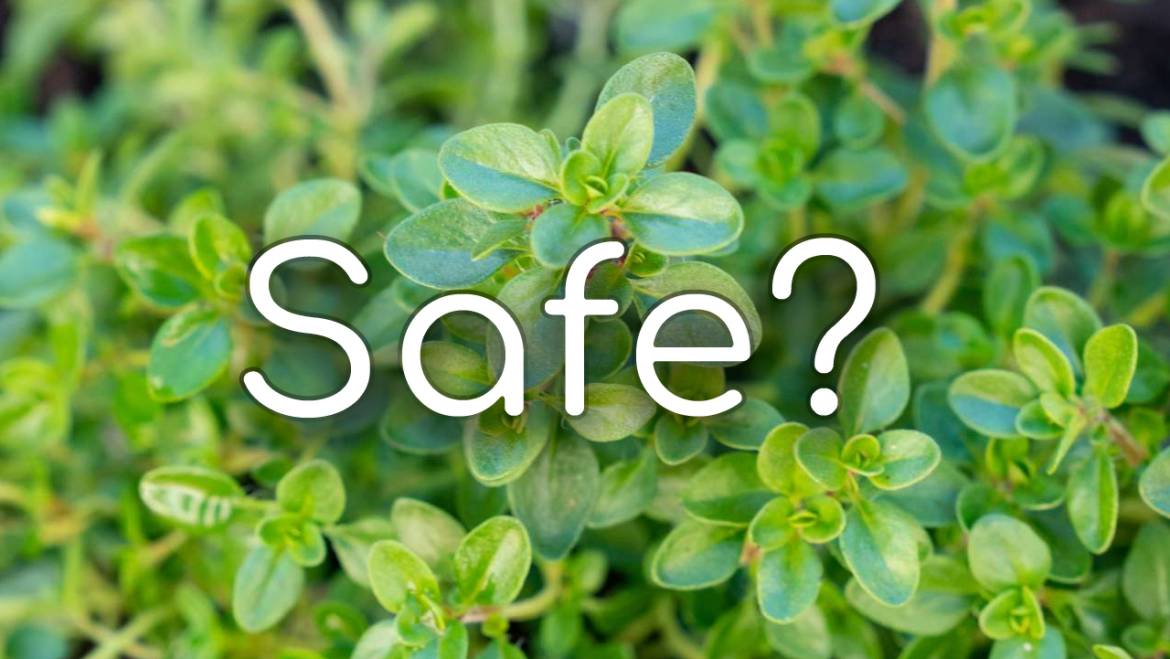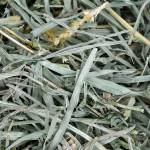Chinchillas are herbivorous animals that need a healthy and balanced diet to thrive. As a responsible chinchilla owner, it’s important to know which foods are safe and which are not. Thyme is an aromatic herb that’s commonly used in cooking and as a natural remedy for several health issues. But can chinchillas eat thyme? In this article, we’ll explore the benefits and risks of feeding your chinchilla thyme, and give you some tips on how to incorporate this herb into their diet.
What is Thyme and Its Nutritional Value?
Thyme is an herb that belongs to the mint family. It has a strong aroma and flavor and is commonly used in cooking as a seasoning for meats, vegetables, and soups. Thyme is also known for its medicinal properties, and it’s used in natural remedies for respiratory and digestive issues.
From a nutritional standpoint, thyme is a good source of vitamins and minerals. It’s high in vitamin C, vitamin A, and iron, which are essential for maintaining a healthy immune system and preventing anemia. Thyme also contains antioxidants, which can protect the body from cellular damage caused by free radicals.
Can Chinchillas Eat Thyme?
While thyme is safe for humans to eat in moderation, it’s not recommended for chinchillas. Chinchillas have a delicate digestive system that’s easily upset by new foods or changes in their diet. Thyme contains essential oils that can irritate your chinchilla’s digestive system, causing diarrhea, bloating, and other digestive issues.
Additionally, thyme is high in calcium, which can cause bladder stones in chinchillas if fed in excess. Chinchillas are prone to bladder stones, which can be a painful and potentially life-threatening condition. Therefore, it’s best to avoid feeding your chinchilla thyme to prevent any health issues.
What Herbs Can Chinchillas Eat?
Chinchillas can eat a variety of herbs that are safe for their digestive system. Some of the most popular herbs for chinchillas include:
- Rosemary: Rosemary is a fragrant herb that’s safe for chinchillas to eat in moderation. It’s a good source of antioxidants and can help improve digestion.
- Sage: Sage is another herb that’s safe for chinchillas to eat in moderation. It has antimicrobial properties that can help prevent bacterial infections in the digestive tract.
- Oregano: Oregano is a flavorful herb that’s safe for chinchillas to eat in moderation. It’s high in antioxidants and has anti-inflammatory properties that can help reduce inflammation in the digestive tract.
- Parsley: Parsley is a nutritious herb that’s safe for chinchillas to eat in moderation. It’s a good source of vitamin C, which is essential for maintaining a healthy immune system.
When introducing new herbs to your chinchilla’s diet, it’s important to do so gradually and in small amounts. This will allow their digestive system to adjust to the new food and prevent any digestive issues.
Tips for Feeding Your Chinchilla a Healthy Diet
In addition to herbs, chinchillas require a diet that’s high in fiber and low in fat and sugar. Here are some tips for feeding your chinchilla a healthy and balanced diet:
- Provide Unlimited Hay: Chinchillas require a constant supply of hay to maintain healthy digestion and wear down their teeth. Timothy hay is the best option for chinchillas, as it’s high in fiber and low in protein and fat.
- Offer a Small Amount of Pellets: Chinchillas should only be fed a small amount of pellets each day. Look for high-quality pellets that are specifically formulated for chinchillas and avoid those that contain added sugar or artificial colors.
- Include Fresh Veggies in Their Diet: Chinchillas can eat a variety of fresh vegetables, such as kale, spinach, and carrots. However, it’s important to introduce new vegetables slowly and in small quantities to prevent digestive issues.
- Limit Treats: Chinchillas have a sweet tooth, but treats should only be given sparingly. Stick to natural treats, such as dried rose hips or apple wood sticks, and avoid those that are high in sugar or fat.
- Provide Fresh Water: Chinchillas require access to fresh, clean water at all times. Use a water bottle rather than a bowl to prevent spills and contamination.
In conclusion, while thyme has some nutritional benefits, it’s not recommended for chinchillas. The essential oils and high calcium content can cause digestive issues and potentially life-threatening bladder stones. Instead, chinchilla owners should focus on providing a balanced diet that includes unlimited hay, high-quality pellets, fresh vegetables, and limited treats. When introducing new foods, it’s important to do so gradually and in small amounts to prevent any digestive issues. By following these tips, you can ensure that your chinchilla stays healthy and happy for years to come.







